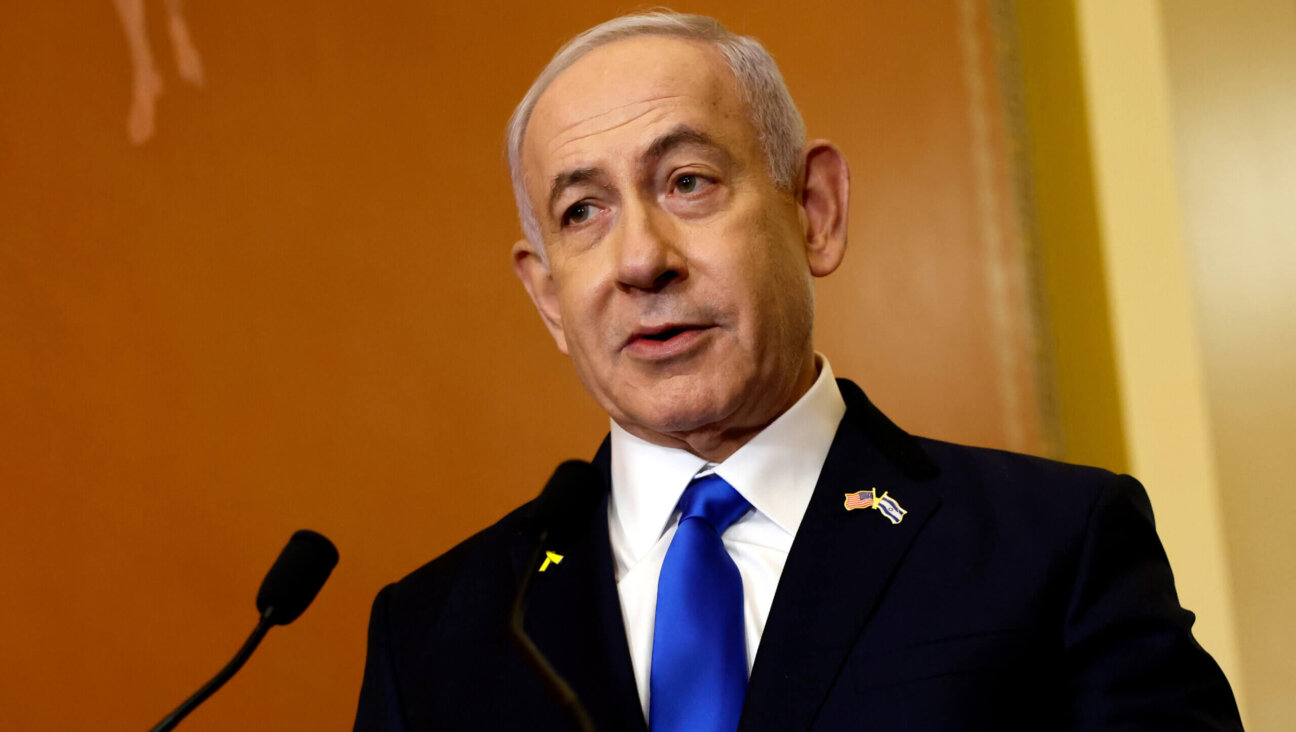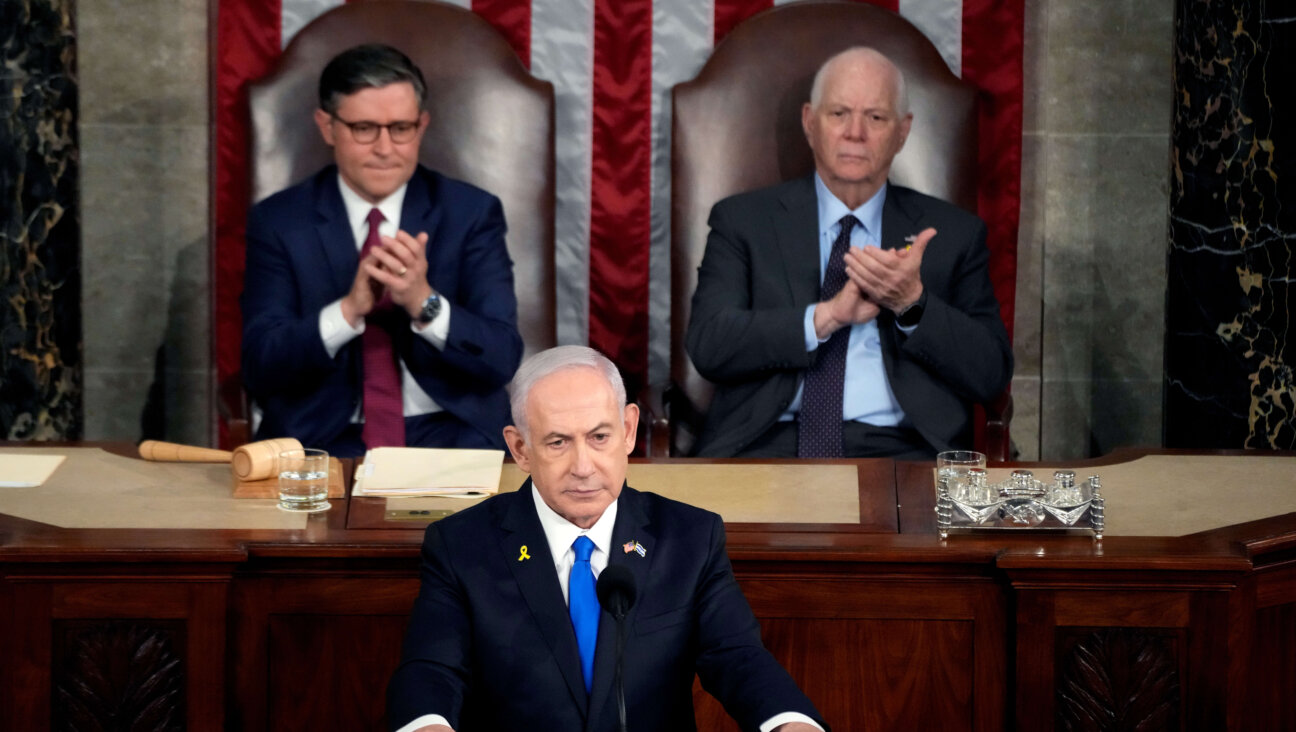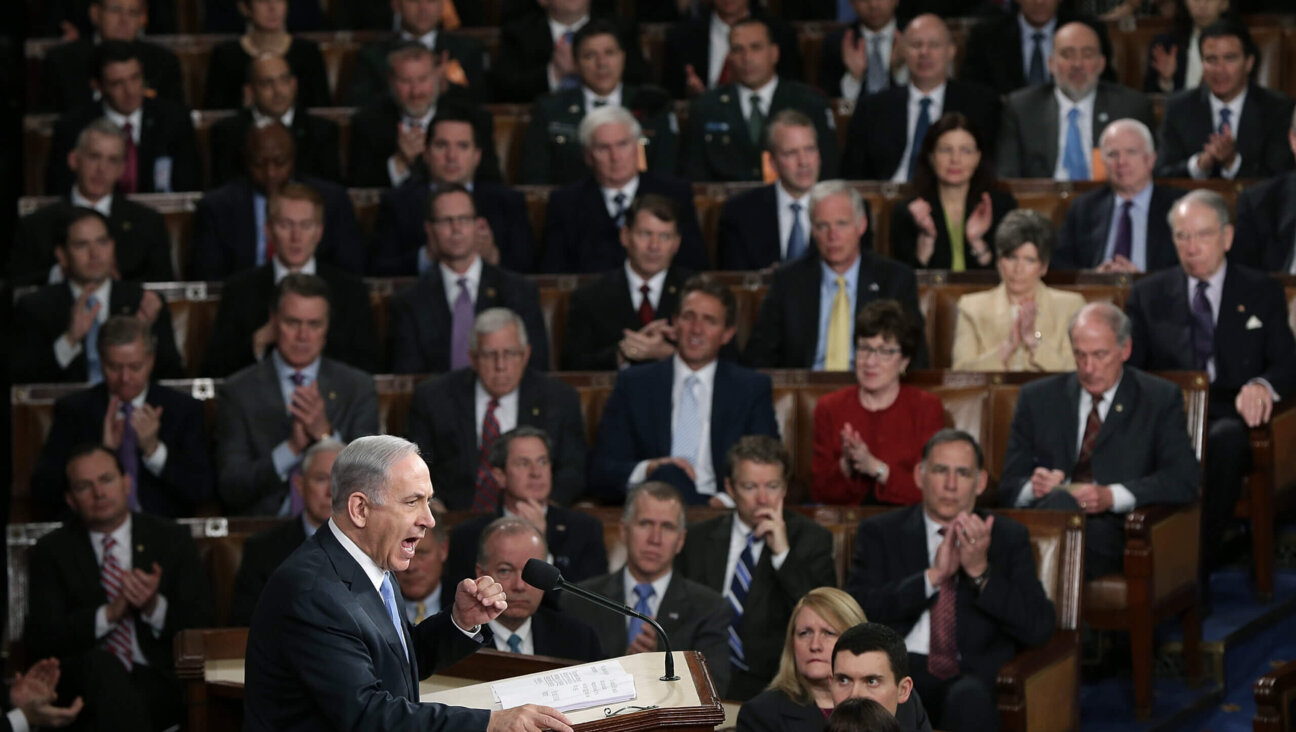The Privatization of the Democratic Party
The Democratic establishment is concerned about where presumptive presidential candidate John Kerry stands as his campaign moves toward summer. The Bush re-election effort has spent some of its fortune establishing a formidable field operation in the battleground states, where in some cases the Kerry campaign has yet to even designate state coordinators.
In Ohio, to name one supposed trouble spot, the Bush campaign has signed up thousands of precinct coordinators, while the Kerry campaign is still nowhere in evidence. But the alarm is overstated, because the Democrats have been active in Ohio for half a year, and have registered more new voters — roughly a quarter million by last count — than the vaunted Republican operation.
The Democrats haven’t done it through the official party apparatus, which hasn’t got the bucks and in any case isn’t anyone’s idea of a first-rate operation. They’ve done it through the 527s.
The 527s, as any self-respecting political junkie knows, are independent political operations that have arisen as a result of the enactment of the McCain-Feingold campaign finance reform act. McCain-Feingold forbids donations to official party committees for voter registration and mobilization efforts, the avenue by which major donors such as labor unions traditionally gave “soft money.” To pick up the slack, independent operations called 527s — named after the section of the tax code under which they’re established — have arisen. They’ve already succeeded in putting enough ads on the air in the battleground states to mitigate the funding advantage that the Bush campaign has over Kerry’s.
This “privatization of the Democratic Party” — as the response to the McCain-Feingold act has been called by financier George Soros, the largest single donor to these 527s — does more than merely reallocate the money. It also puts it in more capable hands.
Guiding most of the field operations is Steve Rosenthal, until last year the political director of the AFL-CIO. When John Sweeney took the helm at the federation in 1995, he pledged to turn around labor’s decline in organizing new members and at the ballot box. The first task has not been realized; most international unions have found that organizing new members is beyond them, absent a reform of labor laws enabling workers to join unions without fear of firing.
But labor’s performance at the polls has improved markedly. Whereas voters from union households constituted a scant 14% of the electorate in 1994, the last national election before Sweeney took over, they amounted to 26% of the turnout in 2002. Sweeney plowed far more resources into the endeavor, but his best move was to hire Rosenthal, who proved to be the master of voter mobilization and persuasion.
The 2002 election showed, however, that while labor was turning out its voters, much of the rest of the Democratic Party base was still underperforming — along with the Democratic congressional leadership, which waged a themeless and deadening campaign. So Rosenthal moved across the street from the AFL-CIO’s headquarters and started up a couple of 527s — one entirely with union funding, the other with funding from such wealthy individuals as Soros — to begin the task of identifying and registering voters.
For months before the Republicans had hired a soul, labor-backed operations were on the ground in key states. Unlike most precinct operations, these campaigns call on voters several times, identify their key concerns and get them germane materials on the candidates — but it’s been the repeat visits that have proven key.
In a dry run for next November, one such operation in Pennsylvania registered 86,000 new voters in Philadelphia’s black and Latino communities — a stunning figure in a city of just 1.5 million — enabling embattled Democratic Mayor John Street to win re-election with a stunning 59% of the vote. Other Rosenthal operations have long been at work in minority communities of such swing-state cities as St. Louis, Orlando and Cleveland.
At the same time that the 527s are building the Democratic base, the AFL-CIO itself has committed to spend more money than ever on its own get-out-the-vote campaign and has already begun to flood battleground states with staffers. If the Kerry campaign hasn’t been as fast as the Bush operation to staff up in the field, it may be because Kerry’s operatives know that there’s been a Democratic field operation humming along for months.
At least two international unions are even looking beyond the battleground states this year — amazingly enough, into Texas. Both the Service Employees International Union and the Hotel and Restaurant Employees will be part of an operation registering and mobilizing Latino voters in Texas. The move will coincide with the onset of some unionization efforts in this staunchly anti-union state, the most prominent of which is the SEIU’s plan to bring one of its celebrated “Justice for Janitors” campaigns to Houston.
Unions in California played a key role in the state’s evolution over the past decade into a Democratic stronghold. Now unions — or at least the SEIU, the most successful and ambitious union of our time — are looking South. If they have anywhere near the success they’ve had in California organizing new immigrants and bringing them into the political process — a project that they know will be difficult and long — come November they could put Texas back into play or even nudge it into the Democratic column.
That would be Karl Rove’s ultimate nightmare.
Harold Meyerson is editor at large of The American Prospect, a columnist for The Washington Post and political editor of the L.A. Weekly.
A message from our editor-in-chief Jodi Rudoren

We're building on 127 years of independent journalism to help you develop deeper connections to what it means to be Jewish today.
With so much at stake for the Jewish people right now — war, rising antisemitism, a high-stakes U.S. presidential election — American Jews depend on the Forward's perspective, integrity and courage.
— Jodi Rudoren, Editor-in-Chief























